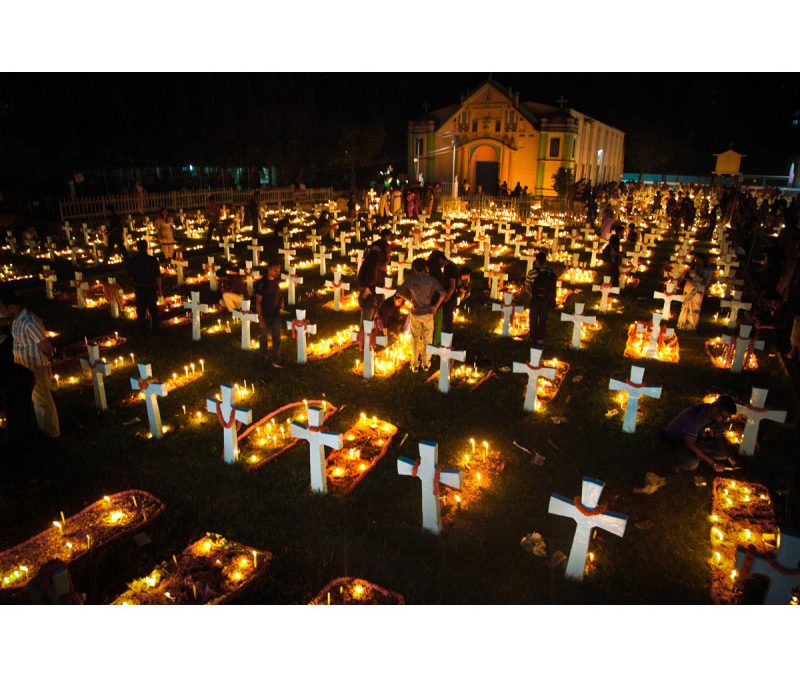Fr. Smith’s 30th Sunday in Ordinary Time
Fr. Tomlinson’s 30th Sunday in Ordinary Time

Mass on All Souls’ Day
Each year during the month of November we especially commemorate the memory of our loved ones who have gone before us to their eternal rest. We invite you to attend a Mass to be held on Saturday, 2 November 2019. All are welcome to join us in this celebration of Christ’s victory over sin and death and the hope of eternal life. Masses are as follows:
8a Latin
9a English Mass (deceased names of members of our parish will be read before the 9a Mass)
A plenary indulgence for souls in purgatory: A plenary indulgence wipes away the sins holding a soul in purgatory and the effects of the sin (in other words you can speed their way through purgatory into heaven) may be gained for a soul in purgatory by doing the following: 1) go to confession within 8 days of the act; 2) go to communion on the day of the act (better in the context of the Mass but not necessary); 3) pray for the intentions of the Pope on the day of the act (normally an Our Father, Hail Mary and the Apostles Creed); 4) have a detachment to sin, even venial sin ); 5) visit a cemetery (there is one on the corner of Brushy Creek and Old Spartanburg Rd) and pray for the departed – this is the act.
One sacramental Confession suffices for all the plenary indulgences done within 8 days, but a separate Holy Communion and a separate prayer for the Holy Father’s intentions and a separate visit to a cemetery are required for each plenary indulgence.
Recent Comments